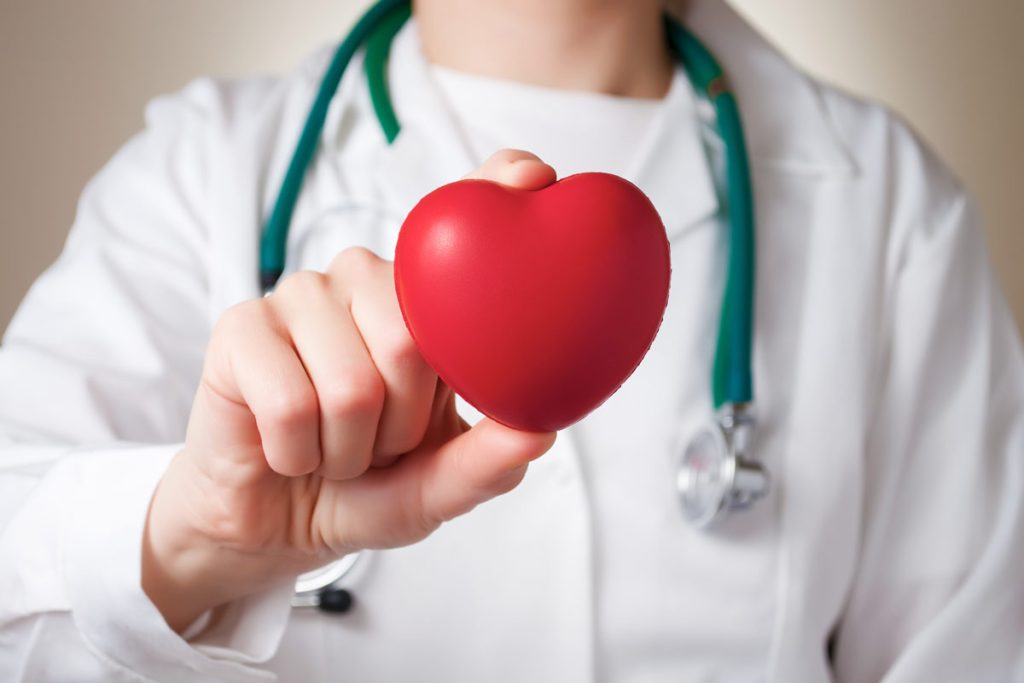Imagine this: You’re enjoying a peaceful walk on the Upper East Side when a sudden chest pain grips you. That’s a moment we all dread. Yet, in that moment, it’s the cardiologists who become our knights in shining armor. These heart detectives use a range of sophisticated diagnostic tools to unravel what’s happening in your body. EKGs, stress tests, echocardiograms – it all might sound like a foreign language now. But in this blog, we’ll decode these terms, giving you a firsthand look into the world of cardiology. We’ll explore how chest pain Upper East Side becomes a case file in a cardiologist’s office, ready to be cracked open. Stay tuned as we dive into this heart-racing narrative.
EKGs: The Heart’s Morse Code
When cardiologists first hear about your chest pain, they turn to EKGs. It’s a simple test. A dozen electrodes get placed on your body to record electrical signals. These signals are the heart’s Morse code. They tell us if your heart is in distress, working too hard, or simply beating off rhythm.
Stress Tests: The Marathon Runners
Then, there are stress tests. You’re put on a treadmill and pushed to your limits while your heart’s performance is monitored. It’s like a marathon for your heart. This test uncovers problems that might only show up during exercise. Just like a marathon runner pushing through the final mile, your heart reveals its strength (or weaknesses) when under stress.
Echocardiograms: The Heart’s Selfie
And let’s not forget echocardiograms. These use sound waves to create a picture of your heart – a selfie, if you will. With this, cardiologists can see the size, shape, and movements of your heart. It’s like having an Instagram feed for the heart, except the likes and comments are replaced by helpful medical insights.
Cardiac Catheterization: The Investigative Journalist
Lastly, there’s cardiac catheterization. A thin tube, or catheter, gets inserted into a blood vessel that leads to your heart. It’s the investigative journalist of cardiology, going in deep, asking the hard questions. It can measure pressure and blood flow within the heart, helping doctors to diagnose heart conditions or perform certain types of treatments.
So, there you have it. A sudden chest pain on the Upper East Side is not just a terrifying moment, but a call to action for cardiologists. With their array of diagnostic tools, they decode the mysteries of the heart. The next time you hear EKG, stress test, echocardiogram, or cardiac catheterization, you’ll know that it’s all part of the process to keep your heart healthy and strong.

